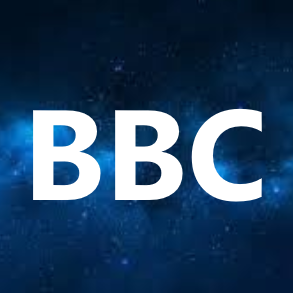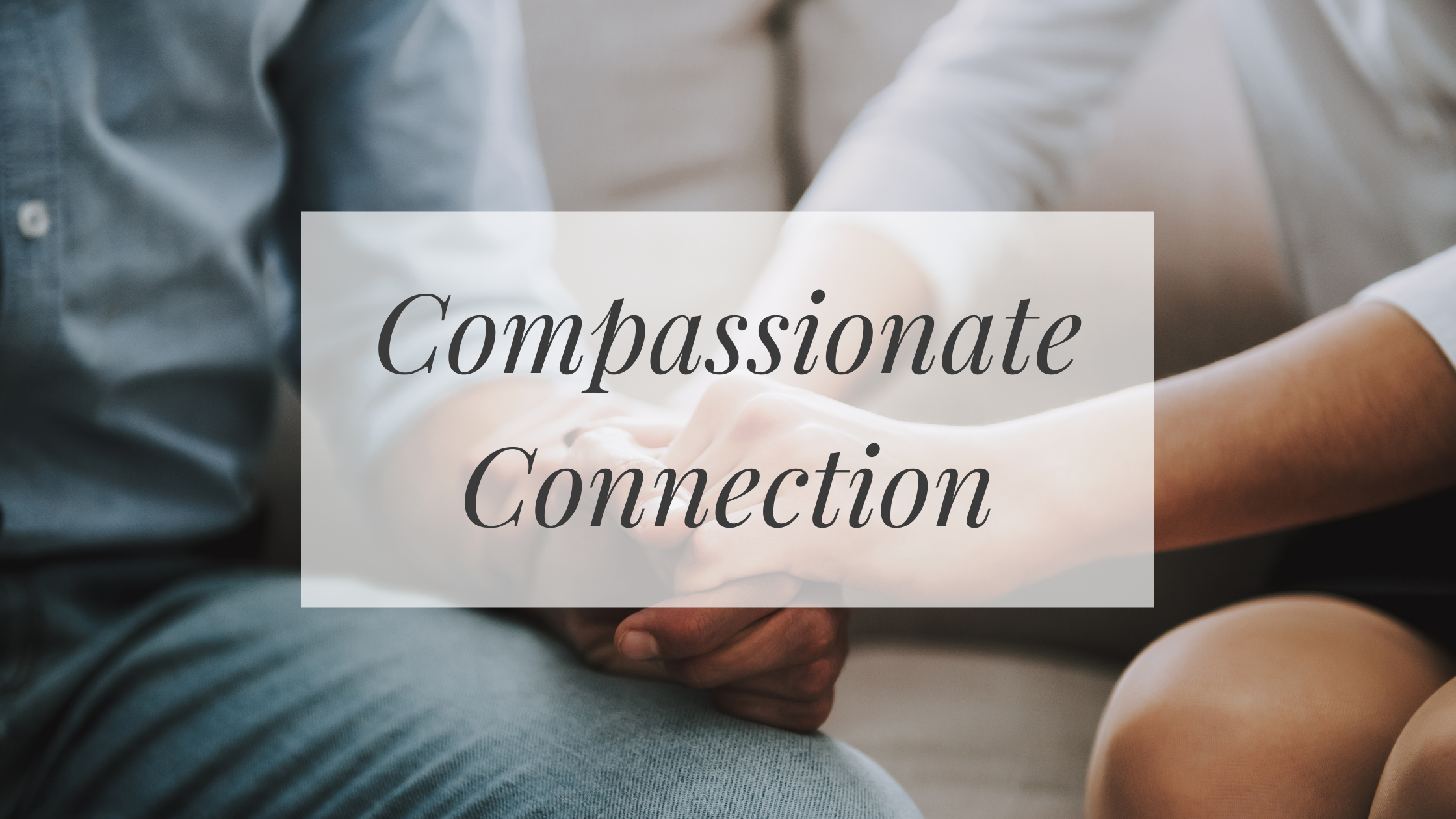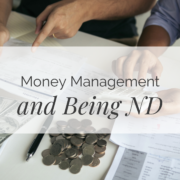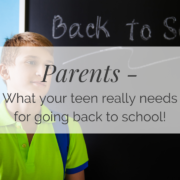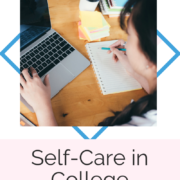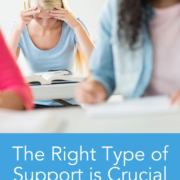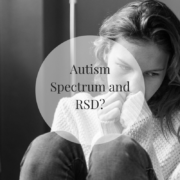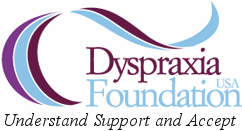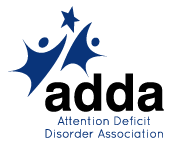Compassionate Connection
This blog is the first in a year-long series where I will co-author blogs with various other professionals. This time I have teamed up with a fantastic couple therapist, Robin Temple, MA, MSW. We run Compassionate Connection, a coaching/counseling group for romantic partners who want more harmony and joy together, and at least one partner has ADHD.
Lucky girl – that’s me (Sheila)! As a neurodiverse woman, I have a lot of sensitivities to external stimuli, and I need my personalized systems to be organized and to use my time the way I want in order to get through the day with calmness, gratitude, and happiness. My neurotypical husband can’t quite understand how my brain works but loves and respects me enough to believe what I tell him about my needs regardless of how unbelievable they may sound. My sensitivities and my systems spill all over our marriage. We have found ways for both of us to get what we need. We have been married for over 26 years. Not every neurodiverse person is so lucky. Relationships can be challenging for people with ADHD.
One of the essential lessons from the last few years is that relationships are imperative. Relationships of all kinds can be challenging for neurodivergents, but for ADHDers, romantic relationships are incredibly challenging.
- They are unable to articulate emotions and needs.
- They chose to live with their needs not being met.
- Often they have behaviors that are misunderstood.
- They can be forgetful.
- They struggle to regulate their emotional reactions in the moment.
- They are impulsive.
- They are inattentive.
These ADHD challenges can lead to frustration, resentment, guilt/shame, mistrust, and more for both parties in the relationship. I (Robin) was divorced after a 10-year marriage to my first husband. From what I now understand, so many of our struggles were related to his ADHD. I took his impulsive and frustrated reactions personally and continually over-compensated for his lack of focus and follow-through by over-functioning myself at home and work. We were stuck in the resentment/shame cycle that is so common with neurodiverse couples and did not have the resources and support that would have made all the difference. I left that marriage with many questions about what went wrong. How do two people who love each other and build a family together end up with so much heartache and pain?
Having a healthy relationship is lovely and full of benefits. People in healthy relationships
- Live longer
- Are physically and mentally healthier
- Heal quicker
- Less likely to succumb to the adverse effects of stress, anxiety, and depression
- Are more physically fit
- Feel less pain
- Are happier
In my (Robin’s) desire to answer these questions, I turned my professional focus to couples and family therapy. For the past 26 years, I have been immersed in the exploration and practice of helping couples bridge their differences with practical, powerful tools to deepen connection and empathy. I’ve been married to my second husband for 27 years, who is also neurodiverse; however, we had tools to help us navigate our differences this time! The practices and skills that we will teach you in this program have helped up through impasses and challenges that would have otherwise ended our marriage.
This new year we encourage you to build habits that improve your relationship with your significant other. Your strengthened relationship will make the most positive impact on your lives and the lives of your family members. The key strategies and practical tools you will take away from our time together can radically shift the trajectory of your relationship for the better, in just a few months.
In our Compassionate Connection Program, we offer an online coaching/counseling group for romantic partners who want more harmony and joy together, and at least one partner has ADHD. Plus, a private couple’s session with Robin and individual coaching sessions with each group member with Sheila.
You will master simple ways to:
- Deepen your intimacy and trust
- Clear up misunderstandings and repair hurts
- Prevent conflict, disappointments, and heartaches
- Show and receive love and appreciation
- Enhance compassion, empathy, and humor about your differences
In this practical program, you will connect with other couples who face similar challenges and support each other’s success.
You will learn how to:
- Understand your ADHD brain or your partners
- Demystify ADHD behavior
- Accept challenges in yourself or with your partner
- Recognize self-sabotaging and relationship sabotaging behaviors
- Implement tools, strategies, routines, and rituals to manage your ADHD challenges and follow-through
- Share all this with your children, family members, and loved ones
It does take work and a constant willingness to learn and grow together. All the couples I (Robin) know who are enjoying the gifts of enduring love and passion share this growth mindset. It has been well worth all my husband and I have invested to be able to now appreciate–cherish even–the divergent gifts and sensitivities that we each bring to our marriage. We have helped each other grow as humans, parents, and spouses as a result of wrestling with and bridging our different temperaments, values, and strengths. And the good news is that it does not take much to shift from a background of frustration and misunderstanding to one of goodwill and generosity.
We (Robin and Sheila) will launch you on that journey if you can join us for Compassionate Connections in January. We can’t think of a better way to celebrate the new year!
Are you interested in learning more or registering? Click here to see exact dates and times and to learn more.

Big Bang Coaching, LLC provides coaching for the neurodiverse.
